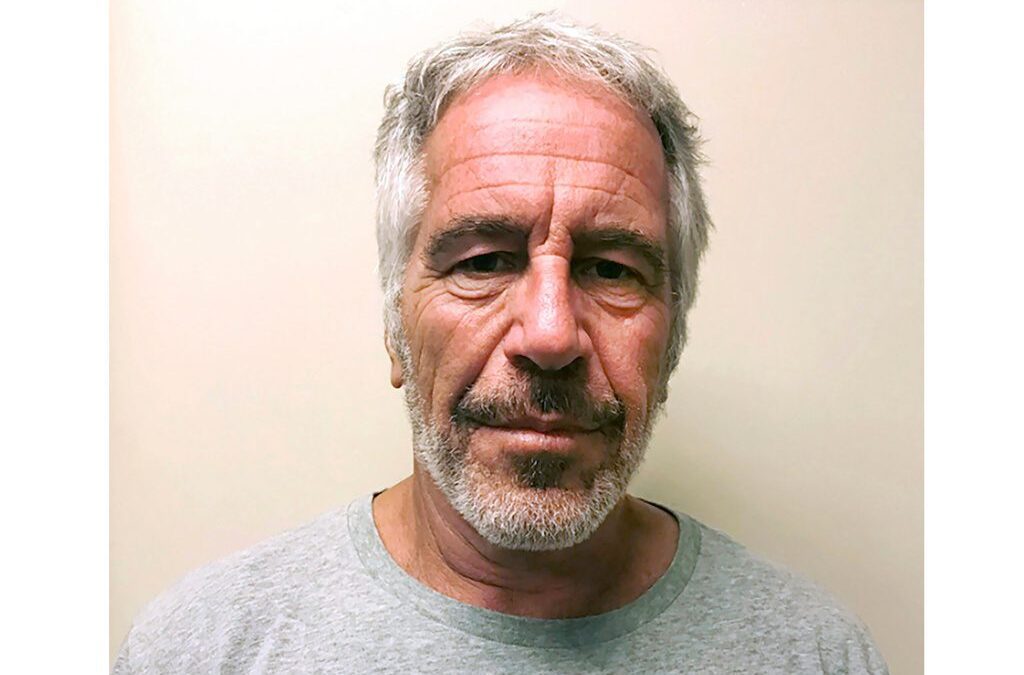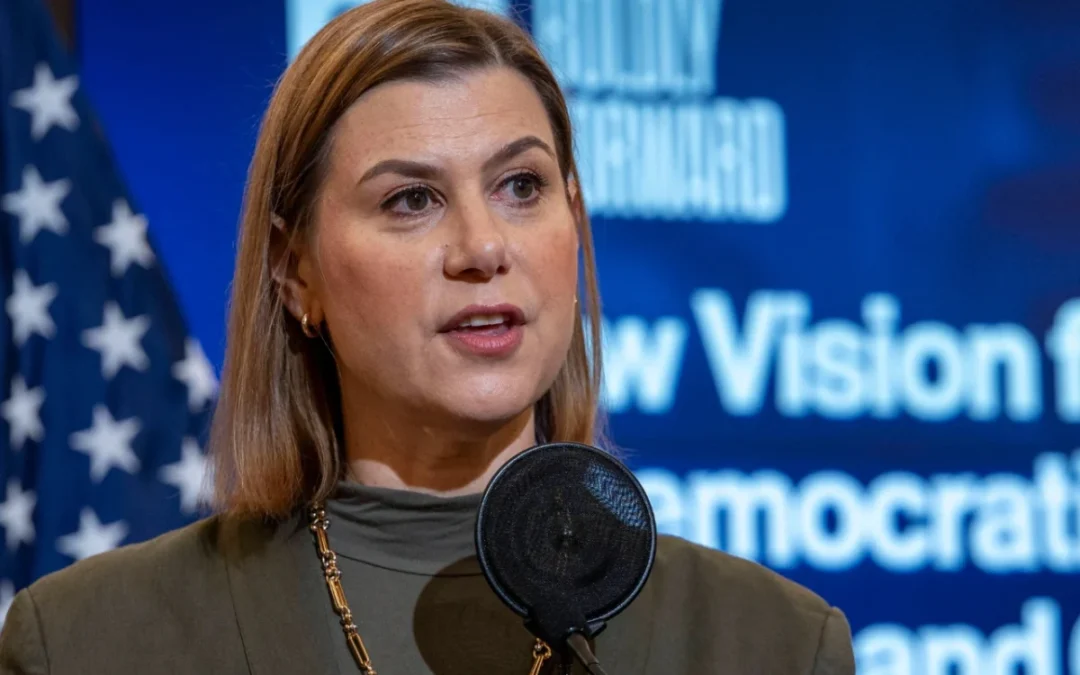
The PACT Act removed the need for certain veterans to prove a service connection if they are diagnosed with certain cancers or respiratory conditions and sped up the process of receiving benefits. Eligible veterans who apply by Aug. 9 could get tens of thousands of dollars in backdated disability compensation. (Photo via Shutterstock)
It’s been nearly a year since President Joe Biden signed the PACT Act into law, expanding access to health care and disability compensation for veterans who were exposed to toxins such as burn pits and Agent Orange during their service.
There is no hard deadline to apply for benefits and care under the PACT Act—also known as the Promise to Address Comprehensive Toxics Act—but there is a key deadline coming up for affected veterans: Aug. 9.
Most veterans who apply for PACT Act-related benefits, or who submit their “Intent to File” by Aug. 9, will have their benefits backdated to Aug. 10 of last year–the day that President Biden signed the PACT Act into law. This could mean tens of thousands of dollars in backdated disability compensation for veterans who submit their applications in time.
Veterans Affairs (VA) facilities across the country are hosting events this month to encourage veterans to apply for benefits. These Summer VetFest events will feature food, music, and VA staff who will be ready to help veterans apply, as well get screened for toxic exposures.
To find a Summer VetFest event near you, click here. To apply for PACT Act-related benefits, click here. To submit an “Intent to File” form, click here.
How The PACT Act Helps Veterans
As the White House noted last year, the PACT Act was the most significant expansion of benefits and services for toxic exposed veterans in more than 30 years.
The signing of the PACT Act helped ensure that veterans receive high-quality health care screenings and services related to potential toxic exposures, and expanded access to Veterans Affairs health care services.
For post-9/11 combat veterans, the legislation also extended the period of time they have to enroll in VA health care from five years to 10 years-post discharge, and for those who don’t fall within that time frame–such as those who were discharged more than 10 years ago–the law created a special one-year enrollment period.
Similarly, the legislation removed the need for certain veterans to prove a service connection if they are diagnosed with one of 23 specific conditions, including respiratory conditions such as asthma and emphysema, and several different forms of cancer such as brain cancer, pancreatic cancer, and reproductive cancer of any type. Survivors of veterans who died due to one of these conditions were also made eligible for compensation through the PACT Act.
Previously, most veterans had to demonstrate a service-connected disability in order to enroll in VA health care.
But the PACT Act codified the VA’s new process for evaluating and determining whether a veteran was exposed to a toxic substance that caused a chronic condition while serving. For many of these conditions, evidence that exposure was the cause is plentiful, but it’s difficult to prove on an individual basis, so many veterans were left without the health care they needed.
The new process allows the VA to make faster policy decisions on crucial exposure issues, again making it so veterans are more easily able to access the health care they need.
The law also reduced the amount of paperwork and exams that veterans diagnosed with one of these conditions must complete before they are given access to health care and disability compensation, “thereby speeding up their receipt of the benefits they have earned.”
In order to further accelerate the process of veterans receiving care, the PACT Act also provided the VA with mechanisms to enhance claims processing and to increase workforce numbers, and invested in VA health care facilities by authorizing dozens of new medical health clinics and research facilities across the country.
The PACT Act also made it so veterans enrolled in VA health care are required to be screened regularly for toxic exposure related concerns. It also established an outreach program for veterans regarding toxic exposure related benefits, and required additional toxic exposure related education and training for VA personnel, ensuring that those treating U.S. veterans have the appropriate education.
Finally, in an effort to continue to understand what happens to veterans while they’re serving, the legislation required the VA to conduct new studies of those who served in Southwest Asia during the Gulf War and analyses of post-9/11 veterans’ health trends.
The Secretary of Veterans Affairs also had to convene a new interagency working group to develop a five-year strategic plan on toxic exposure research.

Epstein email says Trump ‘knew about the girls,’ but White House says release is a Democratic smear
WASHINGTON (AP) — The sex-offending financier Jeffrey Epstein wrote in a 2019 email to a journalist that Donald Trump “knew about the girls,"...

What’s going on with SNAP benefits in Michigan?
About 1.4 million Michiganders are feeling the pinch as the federal government shutdown stalls food assistance payments and leaves food banks...

Elissa Slotkin raises alarm over secret Trump-era terrorist group designation list
BY KATHERINE DAILEY, MICHIGAN ADVANCE MICHIGAN—US Sen. Elissa Slotkin (D-Holly) called a new policy enacted by President Donald Trump...

Federal shutdown leaves Michigan moms wondering: will WIC still work next week?
About 200,000 Michiganders rely on WIC for food, formula, and health care support. Now, the Trump administration is leaving families guessing how...

Gilchrist calls Gaza crisis a genocide at Arab convention
BY BEN SOLIS, MICHIGAN ADVANCE MICHIGAN—Lt. Gov. Garlin Gilchrist is staking out new territory for establishment Michigan Democrats in his campaign...





